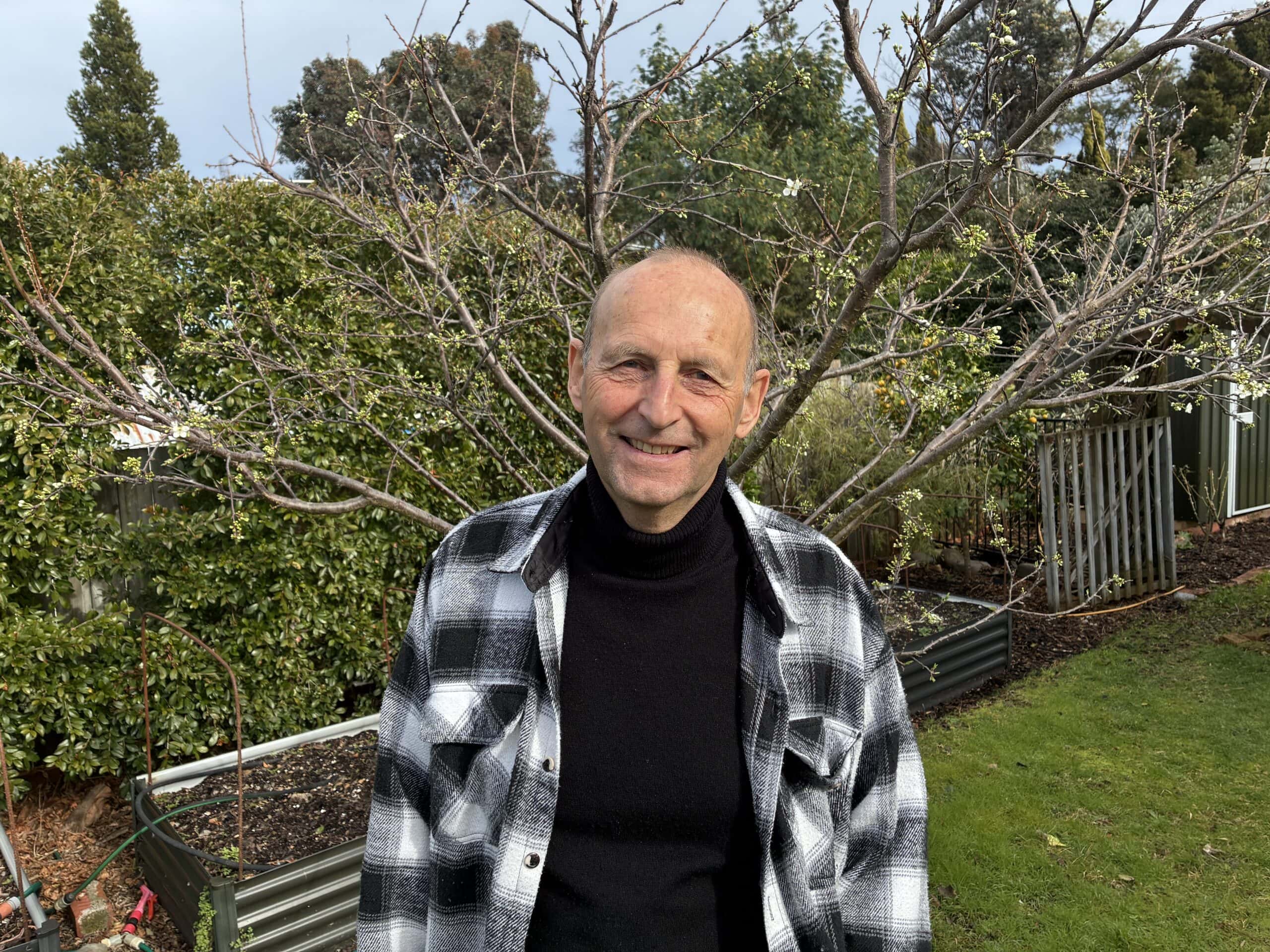How long have you had migraine and what type of migraine do you have?
I started getting headaches about 25 years ago, maybe once a month. Over the years the headaches developed into migraines and the frequency increased steadily to the current status of about six a week.
The headaches currently are associated with neck stiffness, fatigue, sometimes dry mouth and hangover type feelings. Sometimes also sensitivity to light, mood changes and irritability.
Six years ago, my GP diagnosed these “headaches” as migraines.
How does migraine disease impact your life?
There is a constant fear of when will the next attack start. This puts a damper on any planned activities.
Quite often when I have a migraine I withdraw from my wife and my surroundings. There seems to be room for the migraine only, life is happening outside the sphere, and I am not part of the life around me.
I have cut down on outside activities due to sensitivity to wind. Beach walks for example, most of the time result in a migraine and therefore often the walks get postponed because I feel it is too windy.
Due to having migraine attacks almost daily, participation in social activities is very limited, it feels like my world is getting smaller. This also limits spontaneous activities as a couple.
What medications, treatments or lifestyle changes have you tried to help manage your migraine disease?
Rizatriptan does help in 99% of the cases, it takes between 30 minutes and 3 hours for most of the migraines to subside or disappear.
Due to the increased number of migraines over the last years, I have tried preventive treatments such as beta blocker and topiramate. With both medications I experienced less migraines but also mood changes, tiredness and fogginess most of the time, so I stopped these after a month trial.
I made lifestyle changes to reduce job stress and commuting, but this did not have any impact on the migraines.
I have tried alternatives such as: massage therapy, osteopathy, chiropractic to work on posture. I saw a personal trainer for strengthening my back and neck muscle. Acupuncture, Yoga, Pilates, dietary changes and meditation. All to no avail.
Currently, I am seeing a new practitioner in Chinese Medicine and acupuncture, and I am excited to see if this makes a difference.
What are your biggest migraine triggers?
I broke my neck about 30 years ago, a work-related accident on a building site. I was lucky to survive and not to end up a quadriplegic. Three of my neck vertebrae are now fused together with a titanium plate permanently. There is limited neck mobility looking up or down and sideways.
About five years after the accident, headaches started, which slowly developed into migraines. It took me a while to find out what triggered these headaches.
The biggest trigger turned out to be wind, mainly cold wind hitting the neck and head. Now even the draught from an aircon in a shop or in an airplane causes a migraine.
Other triggers are posture, like leaning forward with the neck when playing boardgames at a table or playing on the floor on hands and knees with the grandkids. Exercises that strain the shoulder and neck muscles trigger a migraine. Light massages involving the neck often trigger migraines. Not having the right pillow at night or having had the head in an awkward position during sleep cause a migraine.
How do you manage during a migraine attack?
I am lucky the rizatriptan medication works 99% of the time within half an hour to three hours, so I just ride it out.
After six or seven continuous days with new migraines every day it is often hard to keep a positive outlook and to gather energy for daily life.
How do you stay positive living with migraine disease?
My wife is very supportive and helps me to see the positive things in life. She helps me to get through the grey days by just being there.
I concentrate on what I have got and can do rather than what I can’t. Not always easy, but certainly worthwhile.
I try not to fight the migraines. I am positive there is a solution to my migraines, I just have to keep on working at it.
How can migraine care improve in New Zealand?
There needs to be a better understanding of what migraines are, how they are triggered and what treatment options are available in NZ and other countries. This understanding needs to be there in the medical profession and the general public.
It would be great if medications currently not available for free in New Zealand would be fully funded.
What advice do you have for other people in New Zealand living with migraine?
Do not rely entirely on your GP for help. Do research regarding all (medical and alternative) options available to relieve your suffering.
Try to see the positives in your life and do not withdraw from the world. Be open about your migraine and talk about it to others. Realise you are not the only one.
Anything else you’d like to share?
Sometimes easier said than done: stay positive, make the most of what you have and what you can do.


